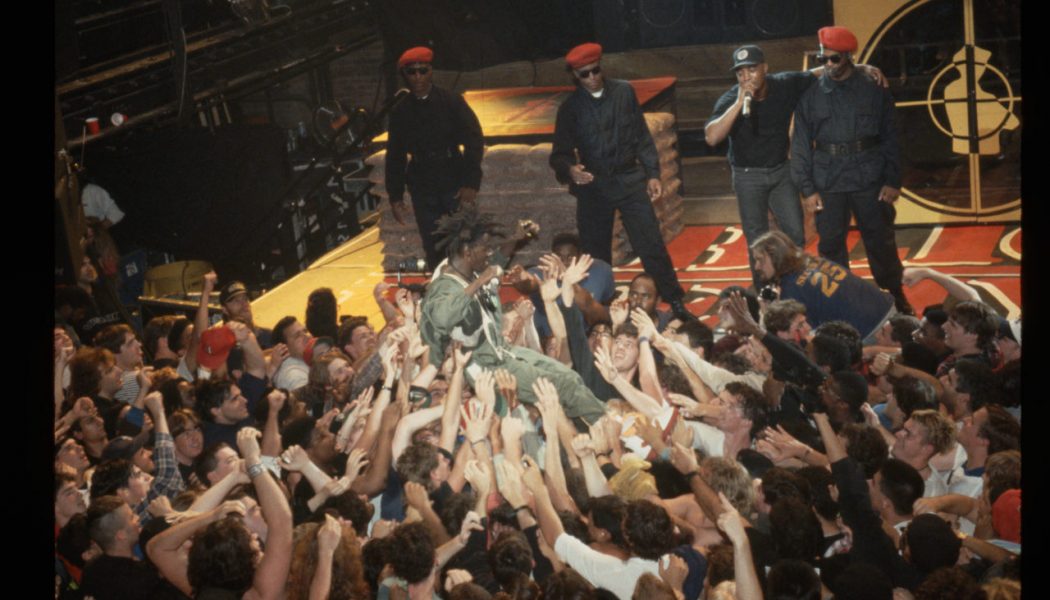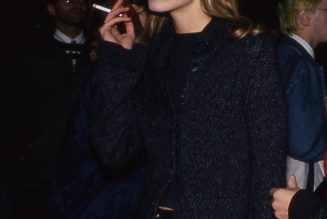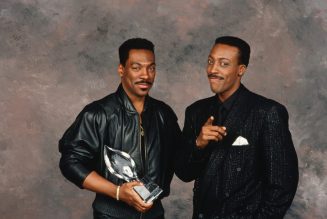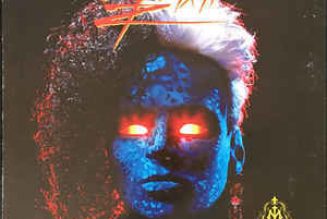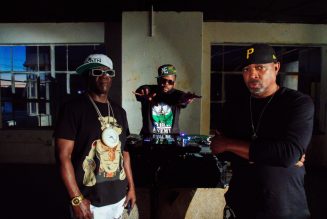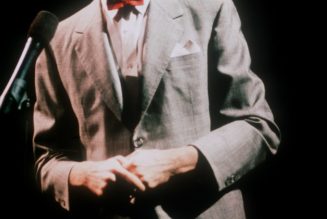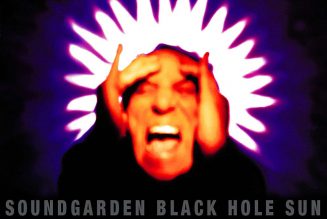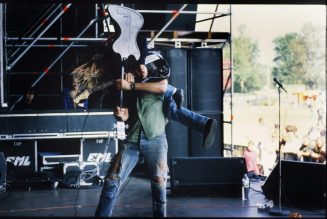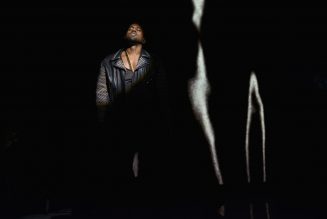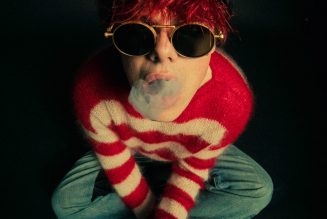As part of our 35th anniversary, we’re naming the most influential artists of the past 35 years. Today, we’re at #9. From Long Island, New York, here are Public Enemy.
Formed around the nucleus of rappers Chuck D and Flava Flav, production collective the Bomb Squad and others, Public Enemy was conceived as a rap army: militant Black musicians hell-bent on bringing the harsh realities of African-American strife to a mostly unaware audience.
Their sample-based sound was as jarring and impactful as Chuck’s megaphone bark was authoritative and Flav’s cartoonish squeal was absurdist — and it strived for a confrontational brio informed by history. (Their contemporaries in N.W.A. approached these matters from slightly different, more misogynistic angles — and, as such, were destined for greater popularity during a briefer career.) Public Enemy weren’t overtly forging a career; they were out on a mission. They raised a great many eyebrows in the process, releasing incendiary videos and earning accusations of anti-Semitism.
If there is sometimes an anti-mainstream joylessness at work in their art — particularly after a heyday in the 1980s and 1990s — they’ve served as a beacon for other artists for whom the political or revolutionary is explicitly personal. Pop music had been political before; everyone from Woody Guthrie to Jefferson Airplane to Black Flag took various anti-establishment stands. But Public Enemy advocated for minority rights and grievances with a stridency that couldn’t be shrugged off. And without Public Enemy, it’s difficult to imagine getting Rage Against the Machine, System of a Down, the Coup, M.I.A., Run the Jewels or an outfit as thoroughly outré, disruptive and disorienting as Death Grips.
